FROM MIC TO MIX: THE BASICS OF RECORDING IN THE STUDIO FOR FIRST-TIME MUSICIANS
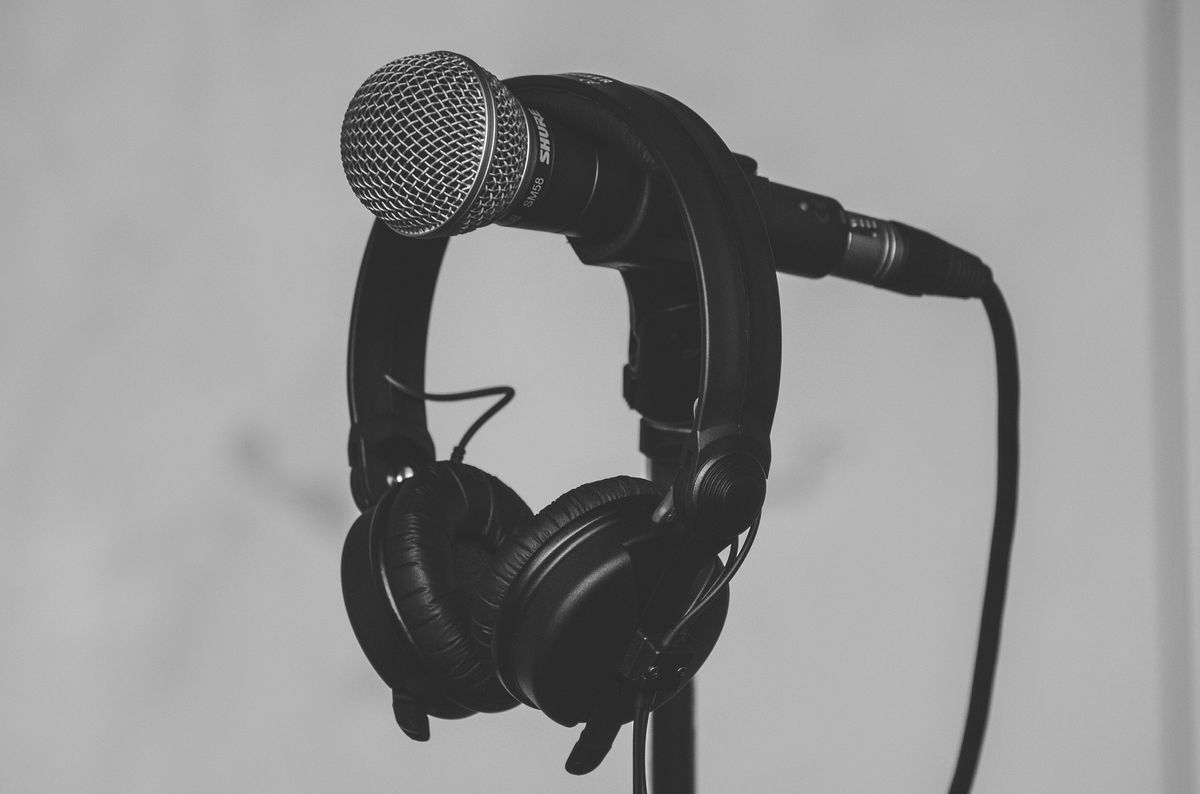
Recording music is no easy feat!
It takes an incredible amount of preparation, skill, and creativity to make a recording that stands out.
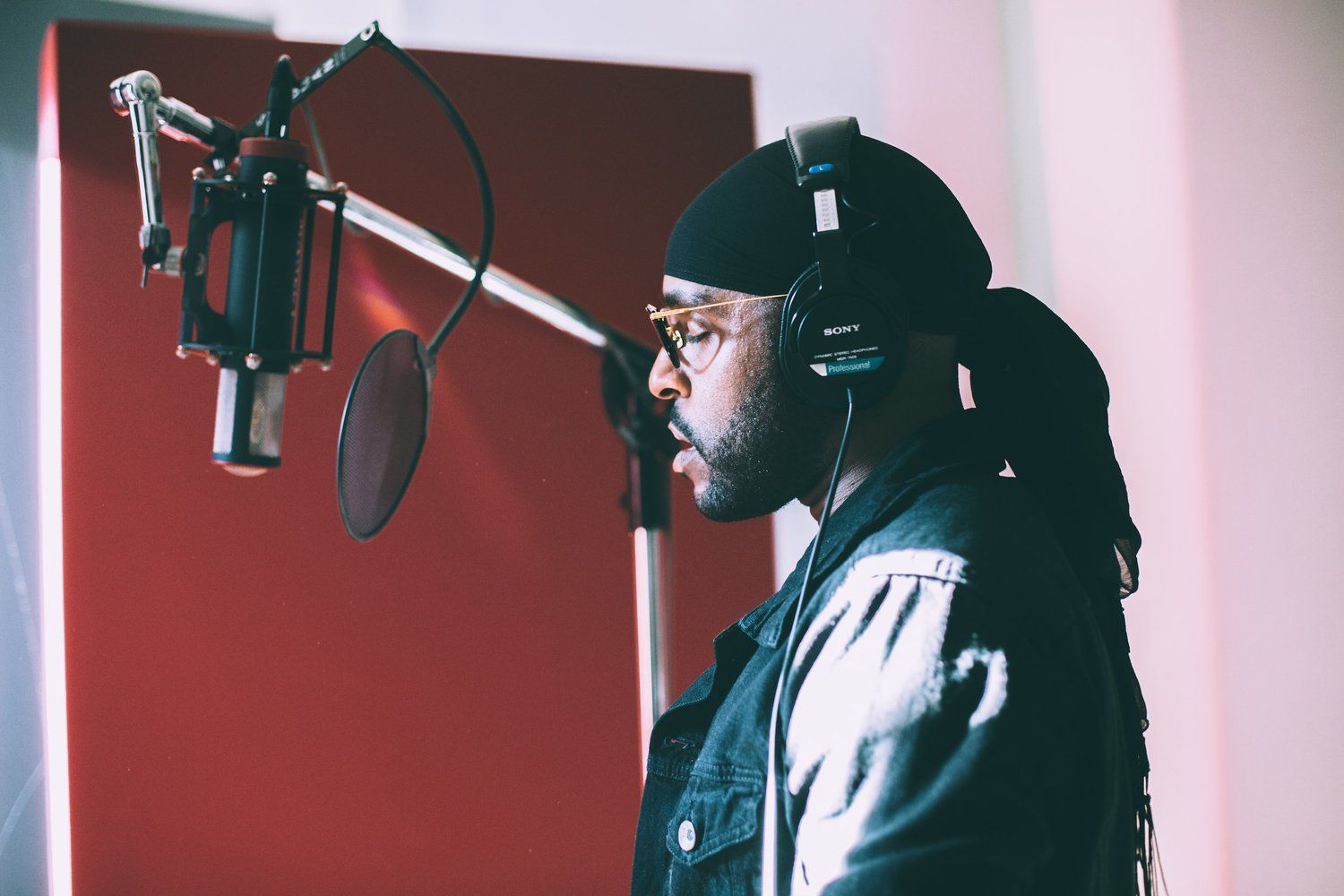
There’s the recording space itself, where acoustics and sound isolation must be carefully considered to ensure a desirable recording environment.
There are all the technical capabilities needed in order for the recording engineer to properly manage, mix and edit the signal coming from all the different input sources.
Then comes the "art of engineering/production" side, which requires trial and error as well as decades of experience in order to capture just the right musical energy with great detail.
Lastly, it’s important for both recording artists and engineers alike to feel comfortable throughout the process so that creative innovation can be encouraged. All these factors work together to make a fantastic recording!
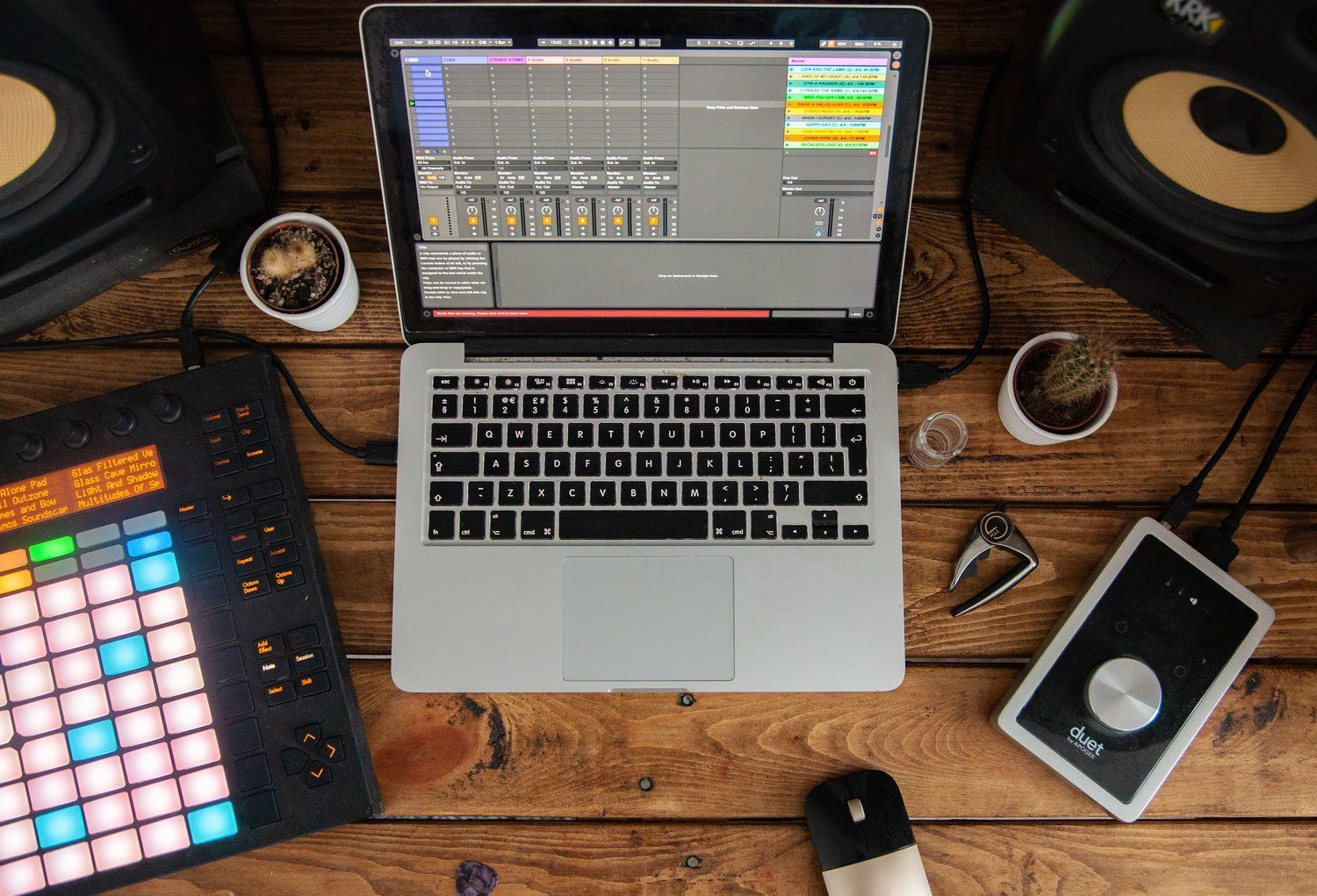
1. What goes into making a great recording:
Creating a great recording involves a number of different elements and can be a complex process.
First, you need to have a great song, with great lyrics and a catchy melody.
Then you need to choose the right instruments, microphones, and recording equipment to capture the best sound.
You also need a talented engineer to ensure that everything is set up properly and that the recording process runs smoothly. Finally, you need to mix and master the recording to bring out the best in the song. With all of these elements combined, you can create a great recording that sounds amazing.
2. The different stages of recording
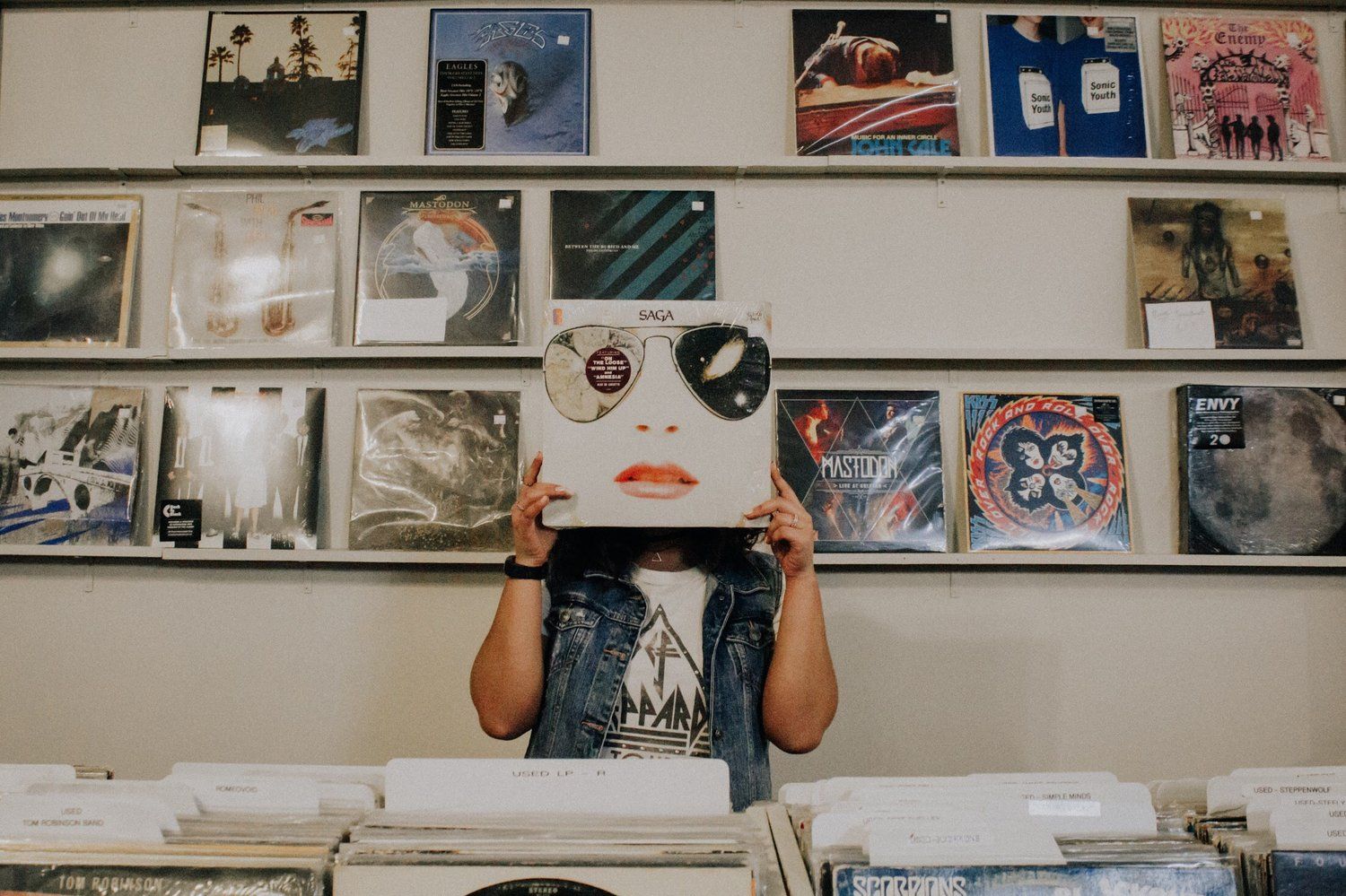
Recording audio consists of several stages:
First, the sound engineer will set up the recording environment. This includes selecting the microphone, setting up the isolation/live rooms or whatever room is being used to record, and adjusting the levels for the best possible sound.
Next, the artist will record the track. This involves playing the instrument and speaking/singing /whathaveyou into the microphone. The engineer will then monitor the recording and make adjustments to the levels as needed.
Once the recording is complete, the engineer will edit the track, remove any unwanted noise, and adjust the timing of the track. Finally, the engineer will mix the track, adding any desired effects and adjusting the volume levels.
After the mix is complete, the track is ready to be mastered. This involves applying equalization, compression, and other techniques to make the track sound its best. Once the mastering process is complete, the track is ready to be released.

3. How to get the most out of your recordings:
Recording audio can be a great way to capture a moment or event, but it is important to make sure that you are getting the most out of your recordings. Here are a few tips to help you get the most out of your recording sessions:
Make sure you have the right equipment. Invest in quality to ensure that your recordings are as high quality as possible.
Take your time. Don’t rush through the recording process. Take the time to make sure that you have the best possible sound quality.
Listen back. Listen back to your recordings and make sure that everything sounds as it should. Make sure to check for any background noise or other issues that could affect the quality of your recordings.
Speak up if you hear anything or have any doubts. Do not be intimidated by a producer or other musicians.
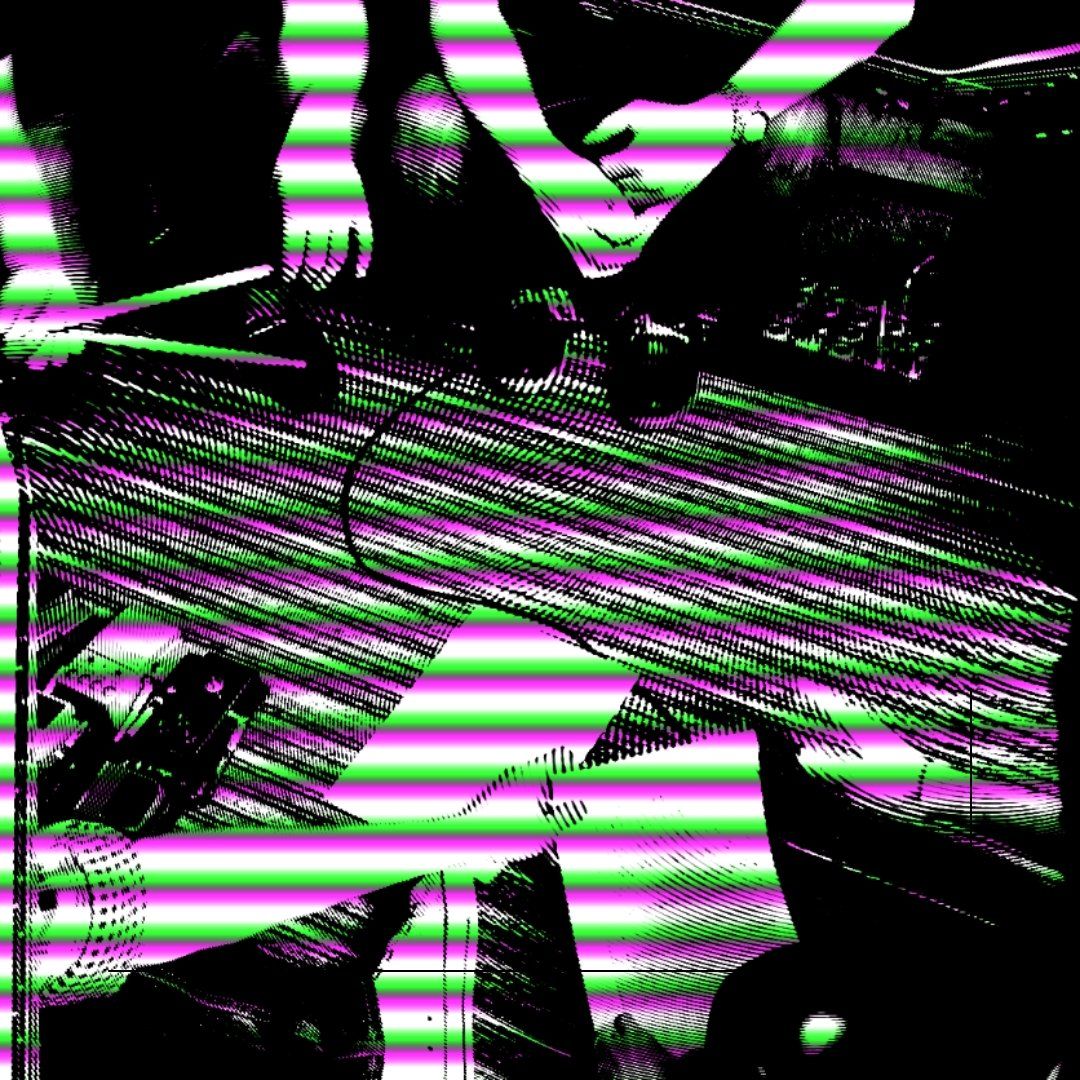
4. Tips for working with a producer:
Working with a producer can be a great way to bring your project to life. Here are some tips to help you make the most of the experience:
Be clear about your creative vision and communicate it to the producer.
Discuss your budget, and make sure everyone is comfortable with it.
Establish a timeline for the collaboration, and be prepared to stick to it.
Be open to feedback and be willing to make adjustments to your project.
Respect the producer’s expertise and trust their judgment.
Have a plan for how you’ll promote your project once it’s completed.
5. The benefits of using a professional studio:
There are many benefits to using a professional studio when recording music. First and foremost, a professional studio is equipped with the best equipment and technology to ensure top-notch sound quality.
Furthermore, there is typically a staff of experienced audio engineers and producers to help guide you through the recording process and ensure that the final product is of the highest quality.
Additionally, a professional studio provides a space with soundproof walls and acoustic treatment, which can drastically improve the sound of your recordings. Finally, a professional studio provides access to an array of instruments, allowing you to experiment and create music in ways that would not be possible in a home studio.

All in all, using a professional studio is a great way to ensure that your recordings sound the best they possibly can.
To recap, recording music requires patience and an eye for detail.
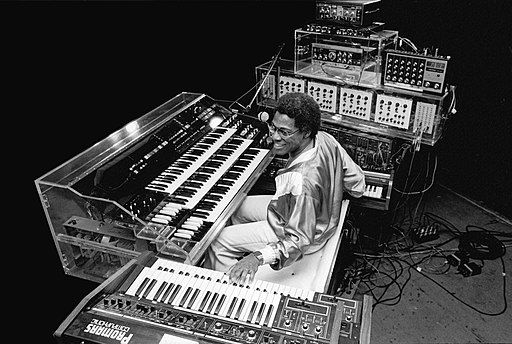
It can be complex starting with the development of the material, composition, pre-production/arrangement, tracking and ending with post production activities like editing, mixing and mastering.
Taking your time at each stage will benefit you, but be careful not to overthink!
Working with a producer can be helpful due to their expertise - providing necessary guidance to help you get the most out of your sessions.
Furthermore, having access to a studio space will give you access to high-end equipment, and quality acoustics that most of us cannot get at home.
Creating great recordings is as difficult as it is rewarding.
If you ever find yourself feeling overwhelmed don't forget there are professionals here that are more than happy to guide and assist in your project.
And if you ever have any questions about recording or producing a song – don’t hesitate to drop us a line! We'd love for our readers here at RPS to join us on this exciting journey into sound production and creation!
